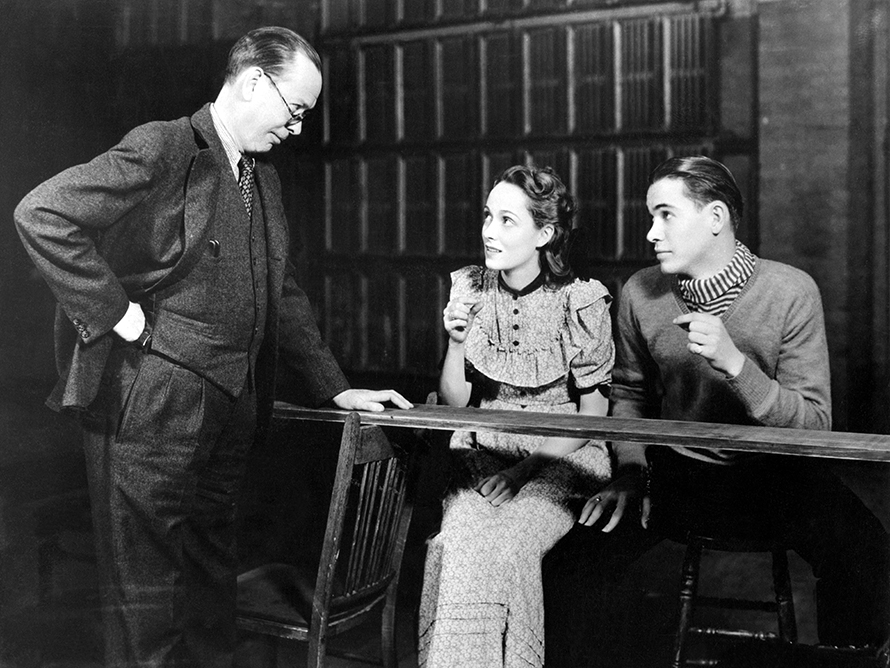Our Town is a three-act play by American playwright Thornton Wilder, first performed in 1938. It is set in the fictional town of Grover’s Corners, New Hampshire, and performed with little staging. Act 1 is set on a typical day in the town. Act 2, set three years later, revolves around the marriage of community members George and Emily, both of whom express anxieties about the arrangement. Act 3, finally, takes place a further nine years in the future, focusing on the funeral of Emily, who is revealed to have died giving birth to her second child with George. Unusually, the play revolves around a stage manager who plays the role both of narrator and performer. It opens with the stage manager addressing the audience and introducing them to the play’s main characters, furnishing them with extensive background information. At various points during the play, he interrupts the conversations of the play’s characters to give them more background information about the town and the characters. He also invites characters in the play to invite the audience directly. For example, a town school teacher called Professor Willard tells the audience about the town's society and economy. The play is notable not just for its unconventional narrative style, but also as a reflection on the passage of time and the banality of existence.
Our Town

Glossary
Stagnation - Not moving or growing.
Banality - Something that is boring or unexciting.
Nostalgia - The feelings of happiness and slight sadness you get when remembering the past.

